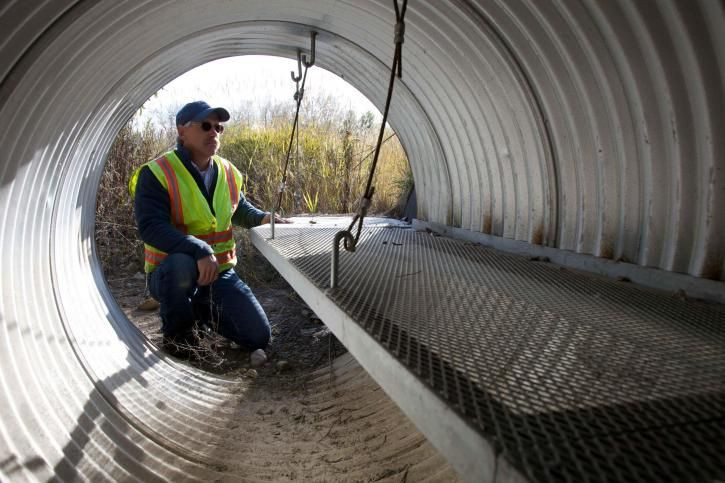Jobs Lost To Obamacare Are Greatly Exaggerated

Job losses from the implementation of the Affordable Care Act (ACA) remain overhyped, according to the Center for Economic and Policy Research.
Although conservatives have attacked the health care law as a "jobs killer" since passing more than three years ago, the requirement that larger companies provide health insurance to employees hasn't affected much of the labor market.
The law requires businesses with 50 or more employees to provide a baseline of health coverage to full-time workers, defined by the government as those who work 30 or more hours per week — or pay a fine of $2,000 per employee after the first 30 full-time employees. Penalties would be assessed against businesses employing more than 50 full-time employees for 120 or more days of the year, not counting independent contractors or temporary workers employed by another firm.
However, few businesses in America actually hover at this threshold, the liberal Washington think tank reported in a new study.
"Opponents of the ACA have labeled the health care bill a jobs killer [but] it is unclear that the bill could be expected to have much impact on employment except among the relatively small number of firms that are near the 50-worker cutoff," Helene Jorgensen and Dean Baker wrote. "However, the bill does provide a clear incentive to reduce workers' hours below 30 per week and many employers claim to be making such reductions in hours."
Yet, an analysis of data from the Current Population Survey shows that only 0.6 percent of American workers report hours just below the 30-hour per week cutoff, including those working 26-29 hours per week. Moreover, the number of workers in this category has fallen since last year, suggesting no real response from employers.
The "average" U.S. worker reports 34.4 hours per week at a wage of $24.01 per hour, according to the U.S. Labor Bureau.
Although some businesses during the past few years have threatened to cut hours for employees to avoid paying for health care insurance, few have done so. Indeed, less than one-third of American workers working fewer than 30 hours cite an employer decision as the reason.
"While there may certainly be instances of individual employers carrying through with threats to reduce their employees' hours to below 30 to avoid the sanctions in the ACA, the numbers are too small to show up in the data," the researchers wrote. "It appears that in setting worker hours employers are responding to business considerations in much the same way as they did before the ACA took effect."
Fast Food Franchisers Among Threatened Business Owners
Among conservative news outlets last year decrying the Oct. 1 implementation of the law, the Washington Examiner reported on business owners such as Bob Barr, an Atlanta area fast-food franchisee who reportedly occupies that 0.06 percent sweet spot in the business world. Barr told reports he would cut hours or employees when faced with a tripling of his Blue Cross health insurance premiums. With 412 employees across 23 Taco Bell and Kentucky Fried Chicken stores, Barr said he provided health coverage for 30 of his 109 full-time employees, all of whom would then require insurance under the law.
Business owners unconcerned about Obamacare's impact "had their head in the sand," Barr told the Washington Examiner.
Yet, most employers in that niche had already begun to shift toward greater use of part-time workers — and had cut hours long before the passage of the ACA, according to the think tank. Nevertheless, the Obama administration opted on July 2 to delay by one year implementation of the employer-sponsored health insurance requirement, to 2014.
With not much basis in economics, that political decision cost the U.S. coffers $12 billion, Reuters reported Tuesday, affecting one million Americans who would otherwise have had insurance.
The non-partisan Congressional Budget Office said the one-year reprieve to businesses raises the overall 10-year cost of Obamacare, given the forfeiture of penalty fines from businesses and increased federal subsidies for many of those left uninsured.



























